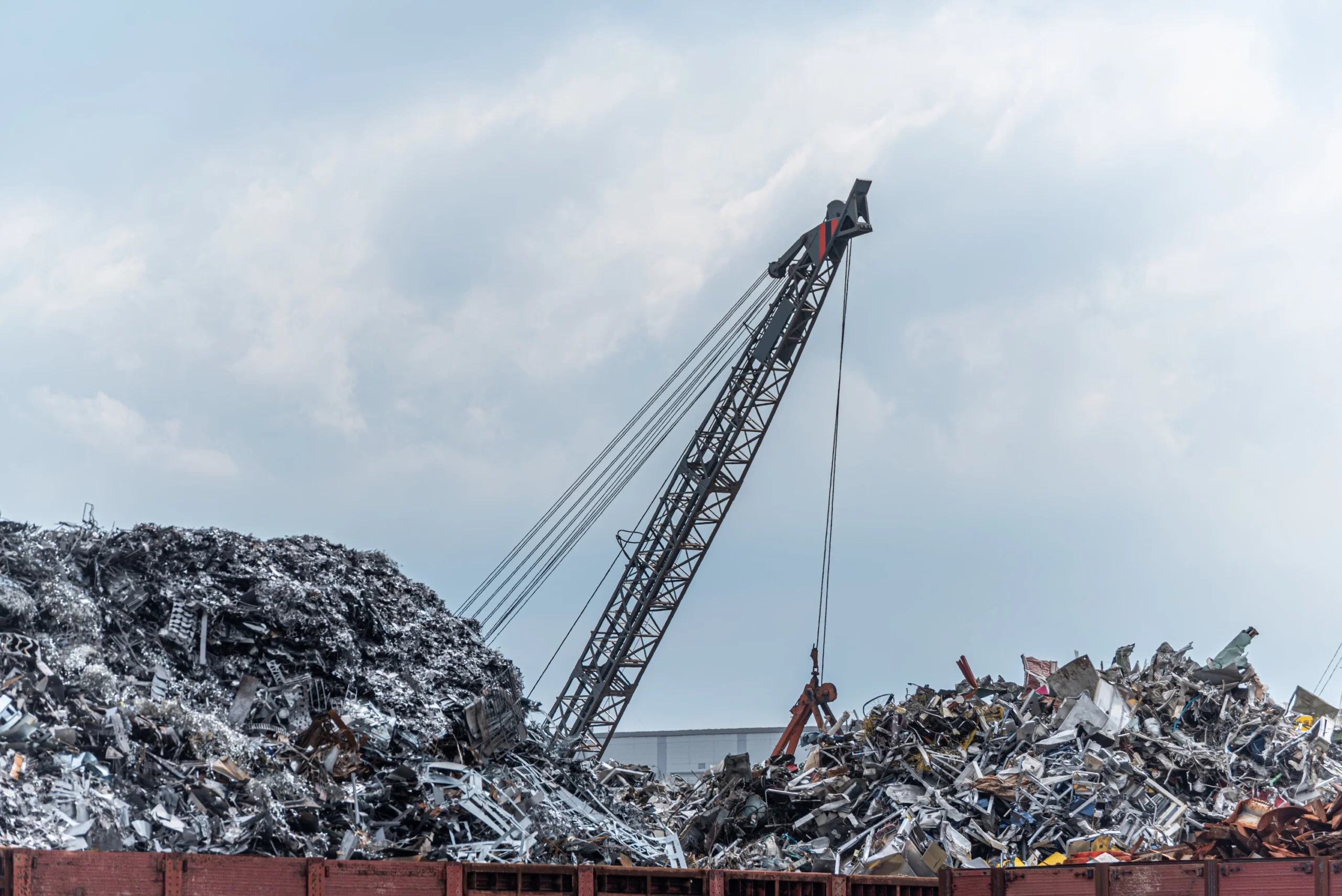As our lives become more digitized, a silent threat grows in the background—e waste. In South Africa and around the world, discarded electronics are creating not just clutter, but serious environmental and health hazards.
The improper handling of electronic waste leads to toxic leaks, pollution, and irreversible ecosystem damage. Thankfully, there’s a clear solution: e waste recycling. This simple act can save lives, protect nature, and recover valuable resources.
What Is E-Waste?
Ewaste recycling begins with understanding what qualifies as e-waste. It includes old or broken items like:
-
Phones, laptops, and tablets
-
TVs, printers, and gaming consoles
-
Microwaves, kettles, and fridges
-
Office equipment, chargers, and batteries
Because we upgrade devices more frequently, global e-waste is increasing rapidly. In 2022, the world generated over 62 million metric tonnes—enough to fill 1.55 million 40-ton trucks, which could circle the earth three times if parked bumper to bumper.
The High Cost of Improper E-Waste Disposal
When electronics are tossed into landfills or burned, the damage extends far beyond trash heaps. Here’s what’s really at stake:
1. Soil Contamination
Toxic substances like lead and mercury seep into the earth, polluting farmland and killing beneficial microbes. Just one discarded computer monitor can contaminate nearly 40 hectares of land—roughly the size of 75 soccer fields.
2. Water Pollution
Rainfall washes chemicals into rivers and lakes. As little as 1 lithium battery can pollute 60,000 liters of water—enough to fill 24 Olympic-sized swimming pools.
3. Air Pollution
Burning e-waste releases dioxins, furans, and heavy metals into the air. These airborne toxins can travel hundreds of kilometers, affecting rural and urban populations alike. In fact, exposure to e-waste burning sites has been linked to 29% higher rates of respiratory disease in surrounding communities.
4. Hazardous Material Leakage
Lithium-ion batteries can rupture and ignite. Fires caused by damaged electronics now account for about 65% of fires in waste facilities globally—posing dangers to workers and entire neighborhoods.
5. Human Health Risks
The toxins from e-waste accumulate in the food chain. Studies show children exposed to high levels of lead from electronics experience IQ drops of up to 7 points, along with slowed growth and increased risk of cancer.
To explore this global crisis in depth, refer to the Global E-Waste Monitor, the UN’s most trusted resource for data and policy insights.
The Sustainable Solution: Responsible E-Waste Recycling

We can change this story. With proper systems in place, e waste recycling near me offers an effective and impactful alternative.
Separation and Safety
Recycling centers like South Group sort materials to prevent contamination. For example, a single tonne of recycled mobile phones can yield more gold than 100 tonnes of mined ore—without destroying forests or displacing communities.
Reuse and Repurposing
Working parts are often reused. Reclaiming copper from 1 million recycled phones saves enough energy to power 2,000 homes for a year.
Eco-Friendly Disposal
Materials that can’t be reused are processed safely. Batteries are neutralized, plastics are separated, and precious metals are recovered for future use—without polluting the environment.
Legal and Environmental Compliance
Partnering with a certified electronic recycling facility ensures that your waste meets environmental standards and avoids fines or liability.
A Trusted Partner for South Africa: South Group Recycling
If you’re searching for e waste recycling near me in South Africa, South Group is your ideal partner. They use advanced recycling technology and adhere to strict safety protocols to process electronic waste efficiently and ethically.
Whether you’re a homeowner or a large enterprise, their services are designed to make recycling seamless, secure, and sustainable.
Final Thought: Every Device Counts
It’s easy to think your old phone doesn’t matter—but the truth is, one recycled phone can prevent over 75 grams of toxic waste from reaching our environment. Multiply that by millions, and the difference is profound.
When you choose ewaste recycling, you’re helping conserve resources, reduce pollution, and protect your community. You’re not just getting rid of electronics—you’re investing in a cleaner, healthier future.
Let’s turn waste into action. One device at a time.
FAQ
What are the environmental risks of improper e-waste recycling?
Improper disposal of electronic waste can lead to soil and water contamination due to hazardous substances like lead and mercury. These toxins can harm ecosystems and human health. Proper e-waste recycling ensures safe handling of these materials, preventing environmental degradation.
How does e-waste recycling benefit the economy?
Recycling electronic waste recovers valuable materials such as gold, silver, and copper, reducing the need for mining and conserving resources. This process supports the economy by creating jobs in the recycling industry and promoting sustainable practices. Engaging in e-waste recycling contributes to a circular economy, where materials are reused and repurposed.
Where can I find reliable e-waste recycling near me?
If you’re in South Africa, South Group offers certified e-waste recycling near me services. They handle various electronic devices, ensuring environmentally friendly disposal and data security. Utilizing local recycling services helps reduce transportation emissions and supports community-based environmental efforts.



